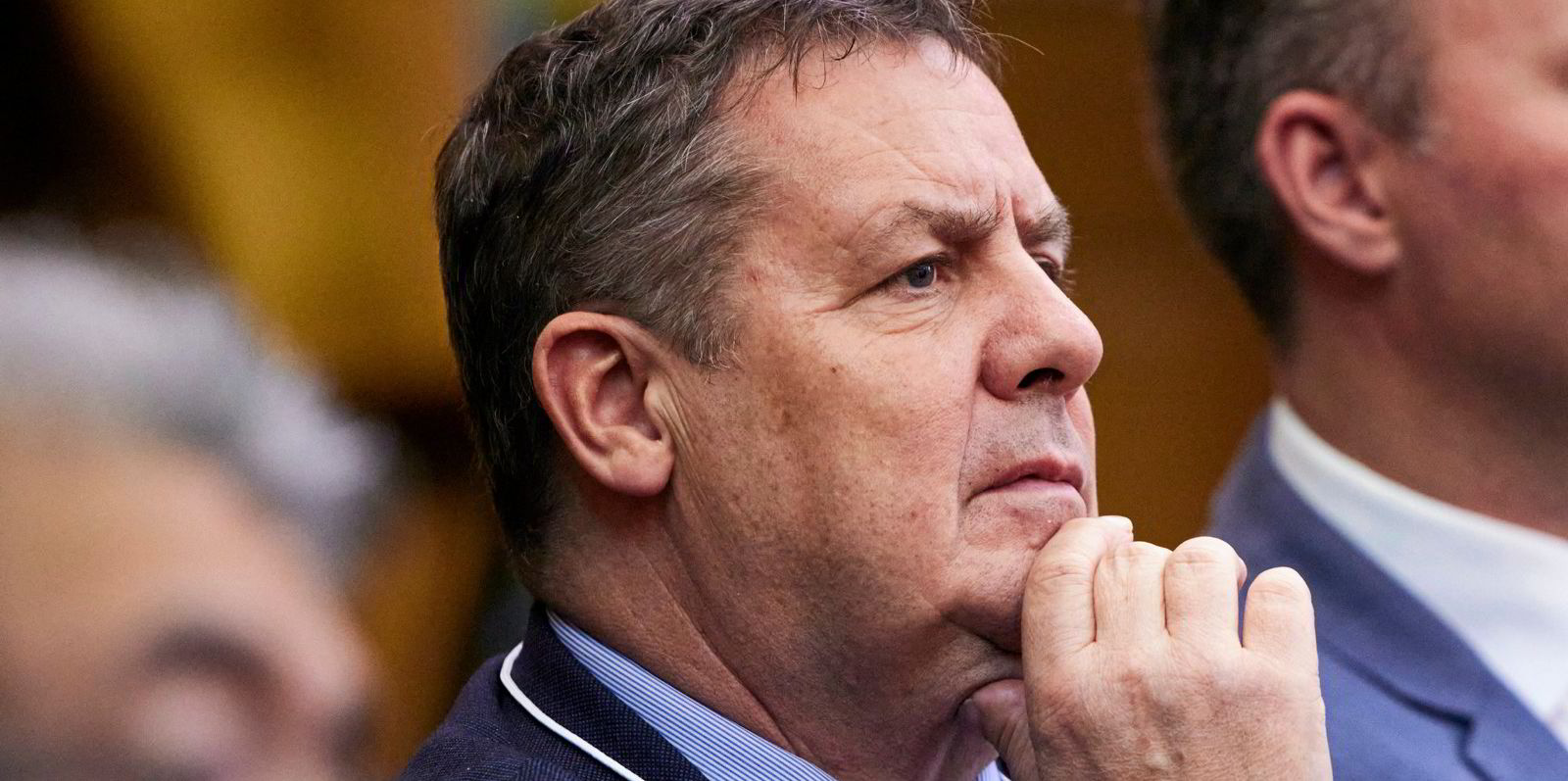We would like to see the $1bn invested in the research and development of alternative fuels for shipping, and the accompanying training for crews that is often overlooked.
This article is part of a series written by people across shipping in response to this question about how to deploy a hypothetical TradeWinds Sustainable Shipping Fund:
How, where and why would you invest $1bn for the best return in sustainable shipping, as the industry grapples with the need to cut carbon emissions, improve efficiency and keep cargoes moving in a world facing multiple economic and political challenges? The investment will be made now and ideally held for the next seven years to the end of the decade. As an added bonus, give one policy or regulation you would like to implement from 1 January 2023 to benefit shipping?
But the reality is decarbonising shipping on a global scale will require much more than $1bn. It is a drop in the ocean given the challenge of transitioning our industry, particularly in respect of the technological developments and the scale of infrastructure developments required.
Governments and the private sector will need to work together to ensure the sizeable sums required are made available and invested in the right areas as we transition away from conventional fuels towards alternative low and zero-carbon fuels and technologies.
One mechanism that could help achieve this scale is the International Chamber of Shipping’s Fund and Reward Proposal, which is designed to reward first movers using or producing green fuels for the shipping sector.
As we decarbonise and digitise the industry, we must also ensure the transition is fair and equitable. This is why the Maritime Just Transition Taskforce was established by the ICS, International Transport Workers’ Federation, International Maritime Organization, International Labour Organization and the UN Global Compact to make sure that workers’ rights and developing economies’ access to zero-emission vessels and zero-carbon fuels remain at the centre of policy decisions.
All too often, the focus of funding is on projects and not people. If we have learned anything from the Covid-19 pandemic, we must remember that our people are the most important element in any transition. This is why we would therefore prioritise the $1bn investment on our people.
Last month at COP27, the taskforce launched a new Action Plan that set out recommendations to upskill seafarers to meet shipping’s decarbonisation goals. The plan is in response to new research, conducted by the taskforce and DNV, which found as many as 800,000 seafarers would require additional training by the mid-2030s to operate new technologies.
Upskilling these seafarers needs to start right away and a successful transition will not be possible without this investment in our people. Not only does it make sense operationally (it’s no use having these new technologies if no one is equipped to operate them), it is also essential from a health and safety standpoint. Without the right training and skills, people’s lives may be put at risk.
We would like to see the Maritime Just Transition Taskforce plan rolled out at early next year and will work with all necessary governments and organisations to make that possible. The $1bn investment from TradeWinds would certainly help as a catalyst for that.
Read more
- IMO nations gravitate toward zero emissions amid ‘surprise’ support for strong 2030 targets
- Green Seas: The EU has put a price on shipping’s carbon. What will the IMO do?
- Maritime employers and union form pact to support seafarers
- Global shipping groups see EU emissions deal as ‘OK’ compromise amid hope for IMO action
- ICS tells Nigeria to free Heroic Idun crew



